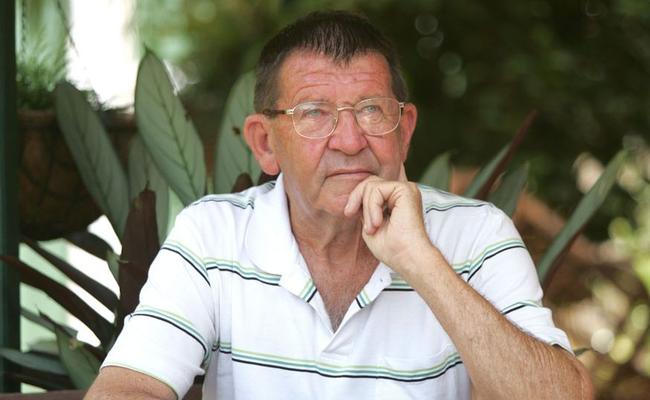And another thing ...
DO you rely on the spell check, consult Mr Google, or still turn to that quaint old printed tome called a dictionary?

Opinion
Don't miss out on the headlines from Opinion. Followed categories will be added to My News.
HOW do you check on the spelling or meaning of a word? Do you rely on the spell check, consult Mr Google, or still turn to that quaint old printed tome called a dictionary?
Whatever method you use, spare a thought for the lexicographers who must decide when or even whether a new word, or a new usage of an existing one, should be formally accepted into our written language. The computer age, and particularly the obsession with abbreviation, sees new candidates every day.
And as the new school year looms, spare another thought for conscientious teachers faced with the problem of how to teach literacy, challenged as they will be by the "anything goes" language of the social media and the advertising industry's deliberate distortion of words just to gain attention.
Then there is texting, with its demand for extreme abbreviation, I continue to wonder at the ease and ingenuity with which texters condense their messages.
As for acronyms, which are pronounceable, (as in NATO), and initialisms, which are not (as in GST) they infest our mass media, our social media and our conversation.
I've been banging on about the dumbing down of our language for years, and am used to being asked the obvious question "Does it matter?" or as E. Wright wrote in a letter to the Daily on January 3: "Y R there any reasons we need 2 teach children English and spelling? And 4 what reason do we have 2 have dictionaries?"
My answer is that those who think shaky spelling and sloppy syntax don't matter are just plain rong.
We all shudder when we think of the grammar we did at school (if we are old enough to have been subjected to it at all) and I suppose there are few of us who could now state more than one or two of its rules, but grammar is a bit like Pitman's shorthand. You learn a lot of rules and then, after practice in applying them, you can forget them, having instilled habits which make lucid writing second nature.
Some educationists hold that correct spelling and sentence construction are unimportant so long as the meaning is clear. I agree that because English is a living, evolving language, the rules cannot be set in stone, but surely their whole purpose is to ensure clarity of meaning.
Our governments are belatedly realising that near enough is not good enough, and that nationwide levels of literacy need to be lifted, but the question arises: Who will teach teachers who have not themselves been soundly schooled in grammar?
AND Another Thing: Notable among the ugly mongrel words spawned by the internet is "blog". Short for "web log", it is the term used by the Daily's on-line editors for these weekly musings, which for some 50 years have been just a column. It follows, then, that I am a blogger, so if you don't agree with the above lament for our language, here's an acrimonious acronym for you: Feel free to call me a SOB.
Originally published as And another thing ...


